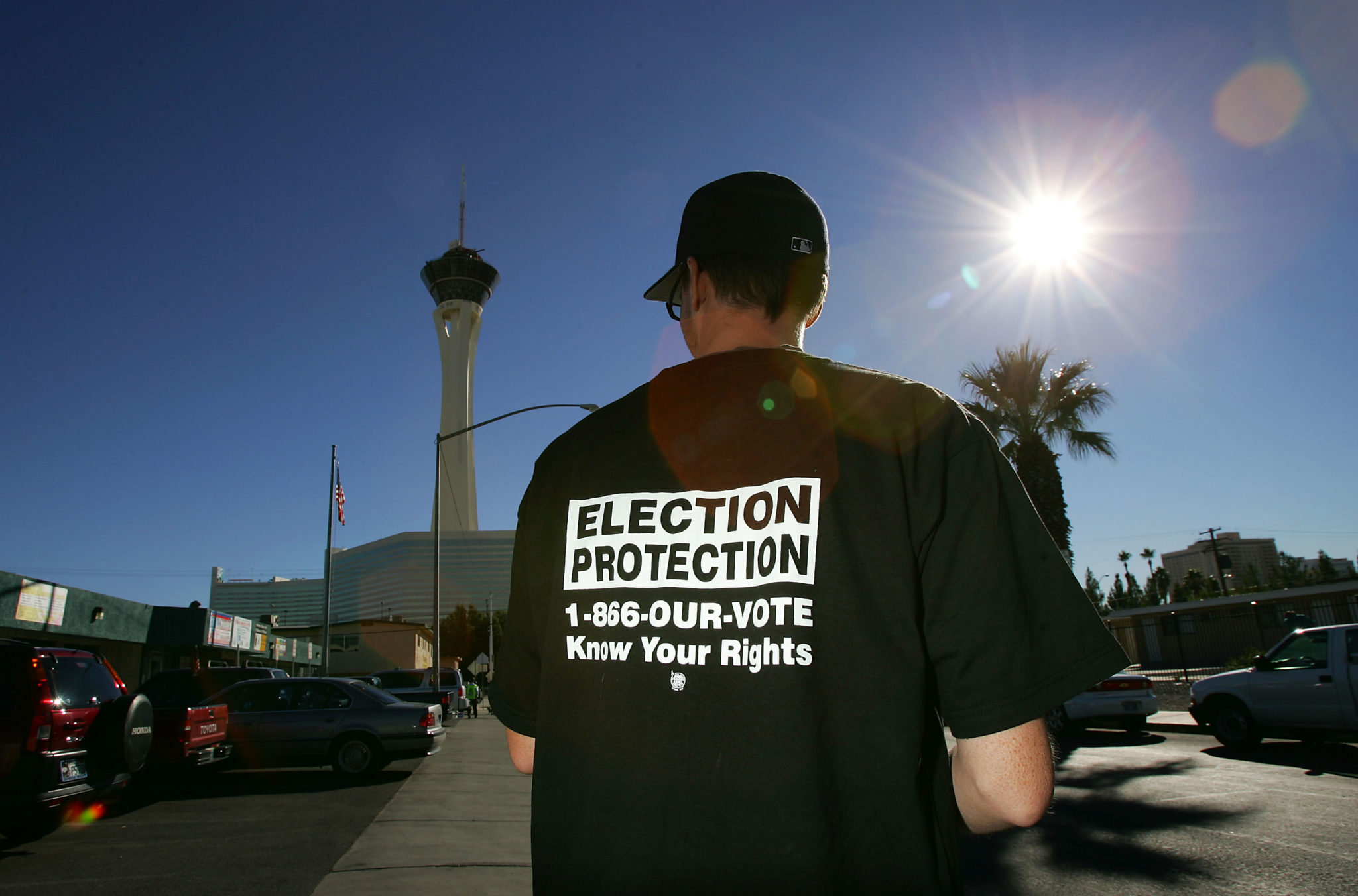Thông cáo báo chí
Đạo luật Bản đồ Công bằng được đưa ra tại cơ quan lập pháp, sẽ chấm dứt tình trạng gian lận bầu cử ở Bắc Carolina bằng cách thành lập ủy ban phân chia lại khu vực bầu cử của công dân
RALEIGH – State lawmakers today introduced the Fair Maps Act (House Bill 437), a proposal to implement lasting redistricting reform and end gerrymandering in North Carolina.
The Fair Maps Act would amend North Carolina’s constitution to permanently take redistricting power out of the hands of partisan legislators and entrust it with an independent commission comprised of everyday North Carolinians to draw the state’s voting districts free from political influence.
If passed by the NC General Assembly, the proposed constitutional amendment would be placed before voters statewide in 2022. If ultimately approved by voters, the citizens commission would be established to oversee North Carolina’s redistricting process thereafter. The citizens redistricting commission would have an equal number of Republicans, Democrats and unaffiliated voters.
Primary sponsors of the Fair Maps Act include Rep. Pricey Harrison (D-Guilford), Rep. Robert Reives (D-Chatham, Durham), Rep. Grier Martin (D-Wake) and Rep. Marcia Morey (D-Durham).
“We applaud these lawmakers for introducing the Fair Maps Act. This legislation provides lasting, nonpartisan reform that would end gerrymandering for good in North Carolina. The Fair Maps Acts would stop the practice of politicians manipulating our voting districts and it would ensure voters have a true voice in choosing their representatives,” said Bob Phillips, giám đốc điều hành của Common Cause NC. “While the citizens commission proposed by the Fair Maps Act would not be in place for the 2021 round of redistricting, the bill puts forward key principles that legislators should look to as new districts are drawn this year. Among those principles are the importance of meaningful public participation, rejecting partisan or racial gerrymandering and protecting communities from being needlessly divided.”
Phillips noted that the most prominent Republican leaders currently in the legislature, Senate President Pro Tem Phil Berger and Speaker Tim Moore, both sponsored bills to create a citizens redistricting commission when their party was in the minority a little more than a decade ago.
“It was right for Speaker Moore and President Pro Tem Berger to support nonpartisan redistricting when their party was out of power, and it would still be the right thing to do now that their party controls the General Assembly,” Phillips said. “We urge members of both parties to end the damaging cycle of gerrymandering and put the well-being of North Carolinians above partisan politics by passing the Fair Maps Act.”
Về Đạo luật Bản đồ Công bằng:
- Đạo luật Bản đồ Công bằng sẽ sửa đổi hiến pháp của Bắc Carolina để thành lập một ủy ban phân chia lại khu vực bầu cử của công dân.
- If adopted by the NC General Assembly, the proposed constitutional amendment would be put before North Carolina voters statewide in 2022. And if approved by voters, the citizens redistricting commission would be responsible for any legislative or congressional redistricting thereafter.
- Ủy ban phân chia lại khu vực bầu cử của công dân sẽ có quyền phê duyệt cuối cùng đối với các khu vực bầu cử; Đại hội đồng Bắc Carolina sẽ không có vai trò gì trong việc phân chia lại khu vực bầu cử.
- Ủy ban phân chia lại khu vực bầu cử của công dân sẽ vẽ các khu vực có dân số bằng nhau, liền kề và nhỏ gọn, cũng như tuân thủ đầy đủ Hiến pháp Hoa Kỳ và luật liên bang. Ủy ban sẽ cố gắng tránh chia tách các quận, thành phố hoặc cộng đồng quan tâm.
- Ủy ban sẽ có 15 thành viên – năm đảng viên Cộng hòa, năm đảng viên Dân chủ và năm thành viên không phải đảng viên Cộng hòa hoặc Dân chủ. Dự luật cấm những người vận động hành lang, các nhà tài trợ chính trị lớn hoặc người thân của các nhà lập pháp phục vụ trong ủy ban.
- Ủy ban sẽ phải tổ chức ít nhất 20 cuộc họp công khai – 10 cuộc trước khi lập kế hoạch và 10 cuộc sau khi lập kế hoạch ban đầu nhưng trước khi hoàn thiện kế hoạch.
- Ủy ban sẽ cung cấp các nguồn lực cho công chúng để họ có thể tự vẽ bản đồ, hiểu quy trình và gửi ý kiến.
- Việc thông qua một kế hoạch sẽ cần có sự bỏ phiếu của ít nhất chín thành viên của ủy ban, bao gồm ít nhất ba thành viên từ mỗi nhóm (Đảng Cộng hòa, Đảng Dân chủ và những người không liên kết).
- Nếu ủy ban không thể thông qua một kế hoạch, họ sẽ thuê một chuyên gia để vẽ các quận.
About the 2021 redistricting process:
Later this year, North Carolina’s congressional and legislative districts will be redrawn based on 2020 census data. Those new districts are intended to remain in place for the next decade.
Vào năm 2019, một tòa án tiểu bang đã đưa ra một quyết định mang tính bước ngoặt Nguyên nhân chung v. Lewis, ruling that partisan gerrymandering, like racial gerrymandering, violates North Carolina’s constitution. As a result, the court ordered new legislative maps to be drawn for the 2020 election in full public view and without using partisan data. That historic ruling set an important precedent barring partisan gerrymandering in North Carolina.
“The courts have made clear that gerrymandering is unconstitutional in North Carolina and the public overwhelmingly wants nonpartisan redistricting. But the temptation to manipulate voting districts may remain a strong pull for politicians,” Phillips said. “In order to avoid illegal map-rigging, the redistricting process in 2021 must be nonpartisan, with full transparency and robust public input – and be completely free from gerrymandering.”
Phillips added, “That means lawmakers must not shortchange the people of North Carolina with a rushed redistricting process. Instead, legislators should hold a series of meaningful hearings in communities throughout the state and actually listen – and be responsive to – public input in how the district lines are drawn.”
Common Cause NC là một tổ chức cơ sở phi đảng phái, chuyên bảo vệ các giá trị cốt lõi của nền dân chủ Hoa Kỳ.

